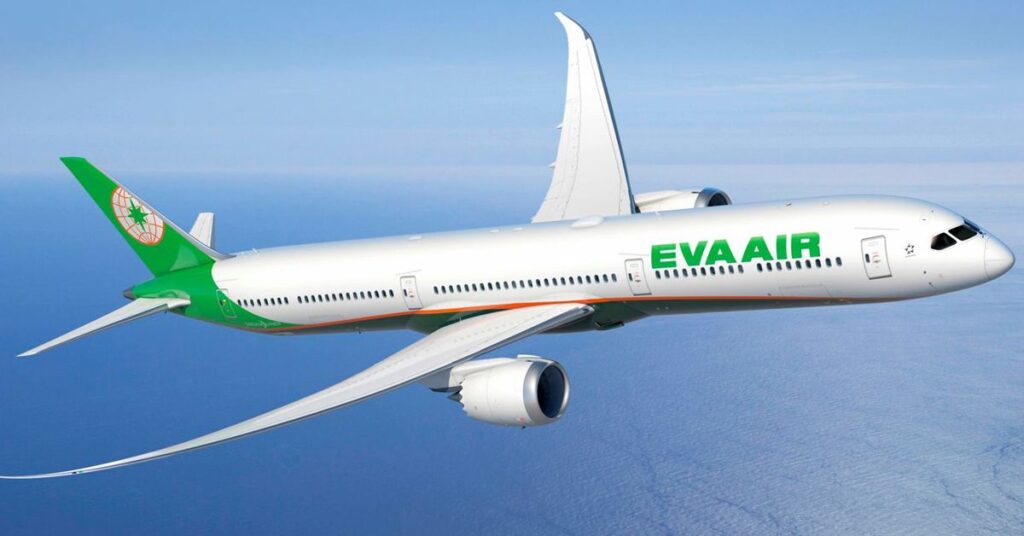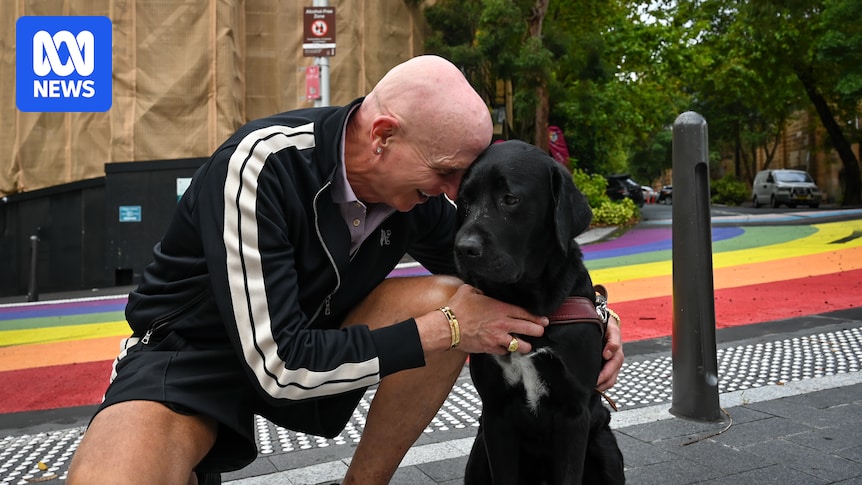
The Skytrax World Airline Awards have unveiled the world’s cleanest airlines for 2025, with Taiwanese airline EVA Air taking the top spot. The awards, which evaluate the standard and quality of cleanliness in aircraft cabins, have recognized EVA Air for its exceptional hygiene standards.
Following closely behind EVA Air, ANA All Nippon Airways secured the second position, with Cathay Pacific rounding out the top three. Qatar Airways and Singapore Airlines were also acknowledged, ranking fourth and fifth respectively.
Understanding the Criteria for Cleanliness
The Skytrax awards assess various aspects of cabin cleanliness, including seat areas, tables, carpets, cabin panels, and washrooms. These factors contribute to the overall passenger experience and are critical in determining the rankings.
According to Skytrax, the awards are a reflection of passenger ratings, emphasizing the importance of cleanliness in air travel. This focus on hygiene has become increasingly significant in the post-pandemic era, where travelers are more conscious of health and safety standards.
Regional Highlights and Global Rankings
While EVA Air leads globally, Qantas Airways was recognized as the Cleanest Airline in the Australia/Pacific region, though it placed 18th overall. This regional accolade highlights Qantas’s commitment to maintaining high cleanliness standards within its fleet.
Meanwhile, Cathay Pacific not only ranked third in cleanliness but also achieved a top-three position in the overall Skytrax World Airline Awards. The airline was celebrated for having the World’s Best Economy Class Airline for the second consecutive year and for its outstanding inflight entertainment.
Historical Context and Industry Trends
The emphasis on cleanliness in the airline industry has evolved significantly over the years. Historically, airlines have focused on service and comfort, but the recent global health crisis has shifted priorities towards hygiene and safety. This change is reflected in the increased scrutiny and expectations from passengers regarding cabin cleanliness.
Experts in the aviation industry suggest that this trend is likely to continue, with airlines investing more in cleaning technologies and processes. Dr. Emily Zhang, an aviation analyst, noted,
“The pandemic has redefined passenger expectations, making cleanliness a key competitive factor for airlines.”
Looking Ahead: The Future of Airline Cleanliness
As the industry moves forward, airlines are expected to adopt innovative cleaning solutions to enhance passenger confidence. Technologies such as UV light disinfection and antimicrobial surfaces are being explored to ensure the highest standards of hygiene.
In conclusion, the Skytrax awards highlight the airlines that have excelled in maintaining cleanliness, setting a benchmark for others in the industry. As travel demand rebounds, maintaining these standards will be crucial in attracting and retaining passengers.
The recognition of the cleanest airlines not only celebrates their achievements but also underscores the evolving priorities in the aviation sector. As passengers continue to prioritize health and safety, airlines that excel in cleanliness are likely to gain a competitive edge.





